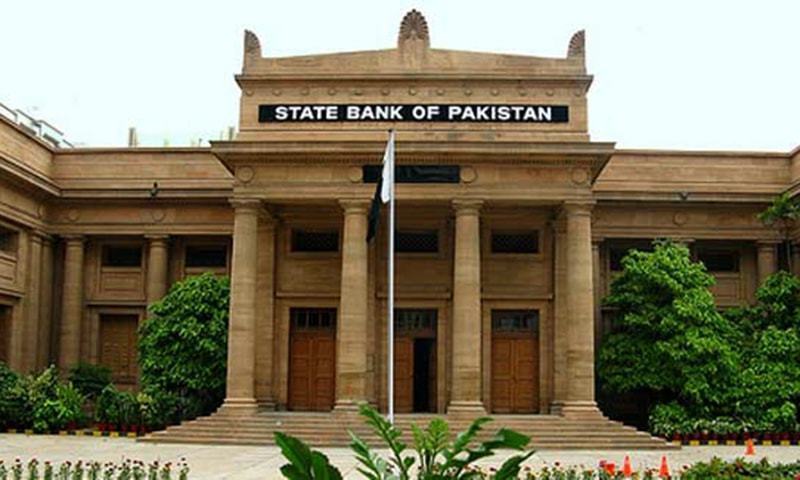October 31, 2018: Pakistan has witnessed exponential growth in e-commerce activities over the past few years as sale value of industry has so far touched Rs100 billion mark.
Lured by lower transaction costs, convenience and expanding internet penetration, both enterprises and consumers have started shifting their transactions online but country still lags behind regional and comparable economies in terms of digitization of its payment systems and efficiency of its logistics environment.
State Bank of Pakistan (SBP) in its report has identified some weak areas of e-commerce industry and it highlighted how accelerated growth could be achieved while addressing issues related to the industry, which will also benefit economy at a large scale.
The sales of local and international e-commerce merchants reached Rs20.7 billion in 2017 and Rs 40.1 billion in 2018 – an encouraging growth of 93.7 percent.
However, the data only covers transactions made via digital channels (credit/debit cards, interbank funds transfer (IBFT), prepaid cards, and mobile wallets).
The issues that Pakistani e-commerce industry needs to focus on include: longer delivery times which are often cited as a major deterrent to wider adoptability of e-commerce channel.
The other issue is online payments. The absence of trust in online platforms and inadequate implementation of consumer protection laws pertaining to e-commerce become a deterrent to rapid digitization envisioned by policy-makers and industry players.
Lack of awareness is another issue and still, approximately 90 per cent of e-commerce transactions in Pakistan are Cash on Delivery (COD) due to multiple reasons.
Moreover, Lack of options is another issue. The efficacy of online payment system gets diminished as many banks do not by default allow debit cards to be used for online transactions.
In this regard, commercial banks should allow their consumers the option to pre-select at time of issuance of debit cards the right of e-commerce application, alongside providing them due security and a Transaction Monitoring Systems protocol, which is already in place for credit cards.
The other issues are high cost of doing business and stock management. On stock management front, a section of e-commerce companies and vendors sell their products through logistic service are in process of digitizing their inventory systems.
This enables sellers to operate on a Just in Time (JIT) rather than on a Just in Case (JIC) basis, thereby reducing storage and processing costs and quickening purchasing process.
With entrance of Chinese digital giants such as Alibaba (through acquisition of Daraz.pk) and Ant Financial (via a 45 percent stake investment in Telenor Microfinance Bank), the e-commerce landscape of Pakistan can be expected to evolve rapidly.
Following success of their technological products and services in China, these players are likely to introduce and inspire variants of the same in the digital landscape of Pakistan.
On payments front, the market players would tap into exponentially growing usage of e-commerce platforms on mobile phones (the phenomenon often referred to as m-commerce) and offer new modes of transaction settlements.
The next step would be to use consumers' purchasing history to devise a credit scoring mechanism to offer micro-loans for transactions and, eventually, savings.
(APP)
24004







